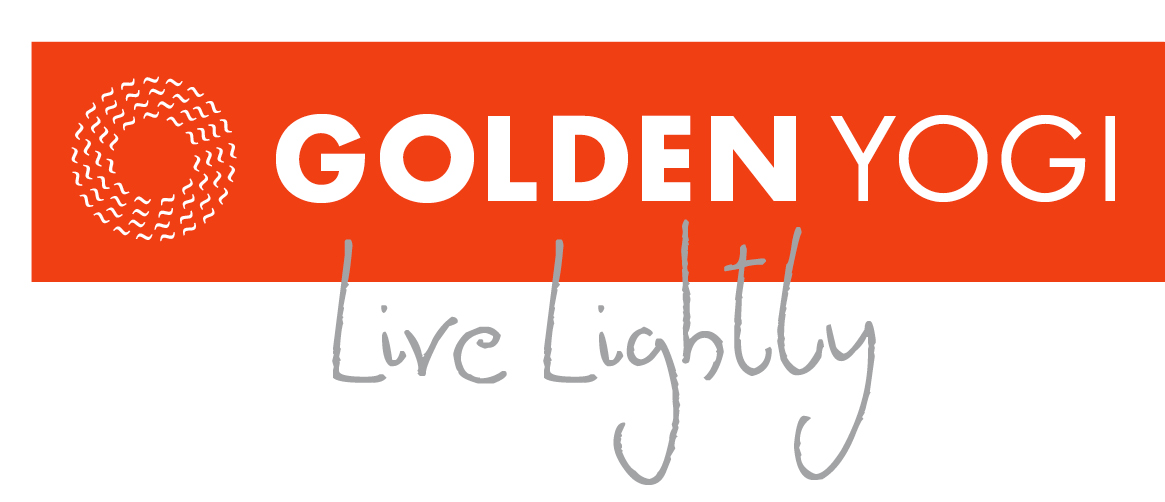The down low on Kundalini
KUNDALINI YOGA ~ The Yoga of Awareness
How does Kundalini differ to other more known/popular forms of yoga?
Kundalini Yoga is an ancient style of yoga but is relatively new to the Western culture. Kundalini Yoga is known as "the yoga of awareness," to opens your heart, builds strength and releases the energy located at the base of your spine. Kundalini is without a doubt one of the more spiritual styles of yoga. Kundalini Yoga focuses on breath and movement and challenges it students both physically and mentally.
Vinyasa is still undeniably the king of western yoga, but Kundalini tends to appeal to people who want to delve into a deep meditative practice to raise consciousness. In Kundalini Yoga, you won’t flow through sun salutations. Instead, it combines movement, breathing exercises, chanting (yes, actual singing), meditation, and physical sequences called kriyas. Teachers sit at the front of the room throughout, wearing white to expand their auras, and with their heads covered to protect the crown chakra at the head to harness the Kundalini energy.
Kundalini yoga is a quick and powerful system to cause changes you want in your life to happen much quicker than other styles of yoga. In Kundalini Yoga, there is no need to take oneself away from the distractions of the world – it is designed for the active householder with family, school and work responsibilities. It is a safe way to stimulate the body’s natural resources and energy to bring the body, mind and spirit into alignment. It is a proven path to connect with the Self and the Soul to experience your highest destiny.
Where did Kundalini Yoga originate from?
Kundalini is one of the oldest forms of yoga – it has been practiced by the Upanishads in India since 500 B.C. Mastering the practice at sixteen, Yogi Bhajan brought Kundalini to the West in 1969. Initially, Kundalini Yoga was carefully handed down from master to disciple for centuries and was kept very secret. It was never taught publicly until Yogi Bhajan challenged its secrecy and taught Kundalini openly to the public in 1969. Through his knowledge, wisdom and service he left us a timeless legacy of teachings to live healthy and happily, and consequently established the 3HO, which stands for "Healthy, Happy, Holy Organization."
What is Kundalini?
Kundalini is the creative energy within all of us, the energy of consciousness in each person and beyond. The Kundalini energy is “coiled” at the bottom of the spine, and practicing Kundalini yoga, is said to bring that energy to life in the body.
What to expect in a Kundalini Yoga class?
Kundalini yoga varies from practice to practice. All classes will begin with an opening chant “Ong Namo Guru Dev Namo” to connect with your inner self, a yoga kriya (set), and expect to finish with deep meditation, and a closing chant. During the class you can expect to focus on your breath (specifically "breath of fire", a rapid rhythmical breath through the nose) and to move your body. Within a class or practice, you will find asana (body postures), pranayama (breathing techniques), mudra (hand positions), bandha (body locks), drishti (eye focus) and mantra (sound currents). They are combined together in sequences called kriya (complete actions). Kundalini Yoga has the power to unleash your true potential, and unlock barriers within ourselves.
What are the benefits of Kundalini?
KUNDALINI YOGA is a sacred science. The comprehensive technology is thousands of years old and ideally suited to people who lead active lives in today's world. The focus is on balancing the glandular system, strengthening the 72,000 nerves of the body, and bringing the body, mind and soul into balance.
Balance nervous, glandular, and immune systems
Develop the neutral mind to cope with stress and change
Self-awareness to enhance peace of mind, concentration, and self-confidence
Rejuvenation and healing
Improve flexibility, stamina, and strength
Experience your highest consciousness
Remain calm, centered, and clear through life’s challenges
Energising your magnetic field
Kundalini Yoga is highly transformative and releases deeply held issues whether body or mind. It cannot really be practiced as a purely physical exercise, although it is physically challenging in quite a different way focusing on mental endurance and stamina.
Erin O’Hara

